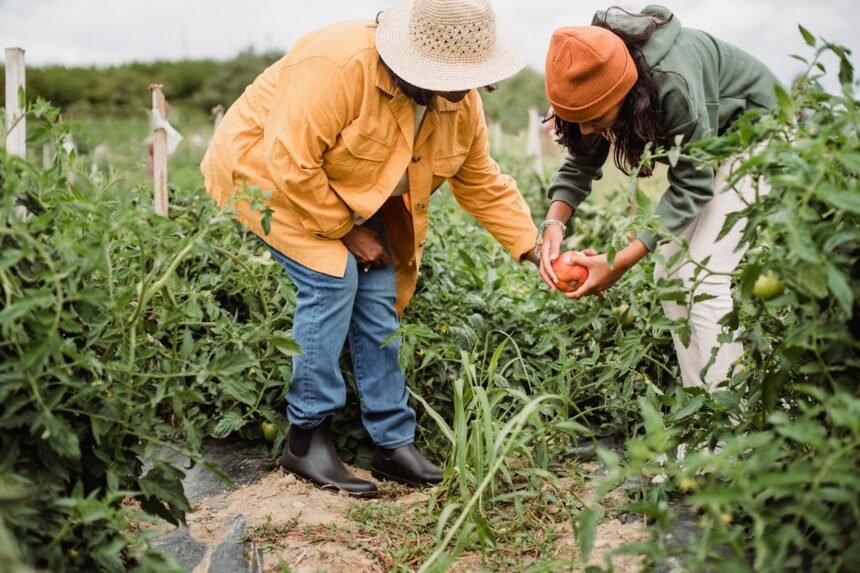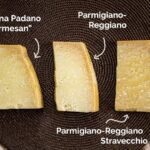Composting and recycling garden waste not only benefits the environment but also provides a sustainable solution for managing organic matter. In this comprehensive guide, we’ll explore the various benefits of composting, along with practical methods to recycle your garden waste effectively. From reducing landfill waste to enriching your soil, composting offers numerous advantages for both gardeners and the planet.
Benefits of Composting:
Environmental Sustainability
Composting garden waste reduces the amount of organic matter sent to landfills, where it would otherwise decompose anaerobically and produce methane, a potent greenhouse gas. By diverting organic waste from landfills, composting helps mitigate climate change and reduce environmental pollution.
Soil Enrichment
Compost is often referred to as “black gold” for its ability to enrich soil with essential nutrients and improve soil structure. When incorporated into garden beds, compost enhances soil fertility, promotes microbial activity, and increases water retention, resulting in healthier plants and higher yields.
Methods of Composting:
Backyard Composting
Backyard composting is a simple and cost-effective method of recycling garden waste. Start by creating a compost pile or bin in your backyard and layering alternating green (nitrogen-rich) and brown (carbon-rich) materials, such as kitchen scraps, yard trimmings, and leaves. Regular turning and moisture maintenance accelerate the decomposition process, yielding nutrient-rich compost for your garden.
Vermicomposting
Vermicomposting, or worm composting, involves using earthworms to decompose organic waste into nutrient-rich vermicompost. To start vermicomposting, set up a worm bin with bedding material such as shredded newspaper or cardboard and introduce red wriggler worms. Feed the worms a balanced diet of fruit and vegetable scraps, avoiding citrus, onions, and spicy foods. The worms will convert the organic matter into vermicompost, a valuable soil amendment prized for its high nutrient content.
Recycling Garden Waste:
Grasscycling
Grasscycling is the practice of leaving grass clippings on the lawn after mowing, where they decompose and return nutrients to the soil. Instead of bagging and disposing of grass clippings, allow them to remain on the lawn to enrich the soil, improve moisture retention, and reduce the need for fertilizers.
Mulching
Mulching garden beds with organic materials such as leaves, straw, or wood chips helps suppress weeds, retain soil moisture, and regulate soil temperature. As the mulch breaks down, it adds organic matter to the soil, improving its structure and fertility. Mulching also provides a protective barrier for plant roots and enhances the aesthetic appeal of garden beds.
Conclusion:
Composting and recycling garden waste are simple yet effective practices that promote environmental sustainability and enhance garden productivity. By diverting organic matter from landfills and incorporating nutrient-rich compost into the soil, gardeners can create healthier, more resilient gardens while reducing their ecological footprint. Embrace the principles of composting and recycling to cultivate a greener, more sustainable future for generations to come.
FAQs:
- Can I compost kitchen scraps in a backyard compost pile?
- Yes, kitchen scraps such as fruit and vegetable peelings, coffee grounds, and eggshells can be composted in a backyard compost pile. Avoid composting meat, dairy, and oily foods, as they can attract pests and cause odors.
- How long does it take to make compost?
- The time it takes to make compost depends on various factors such as the size of the compost pile, the ratio of green to brown materials, and environmental conditions. Under ideal conditions, compost can be ready in as little as a few months.
- What is the best location for a compost pile?
- Choose a well-drained, level area in your backyard for your compost pile, preferably away from direct sunlight and strong winds. Ensure easy access for adding materials, turning the compost, and harvesting finished compost.
- Can I use compost in container gardening?
- Yes, compost can be used in container gardening to provide essential nutrients and improve soil structure. Mix compost with potting soil or incorporate it into container gardens to promote healthy plant growth and reduce the need for synthetic fertilizers.
- Is vermicomposting suitable for indoor use?
- Yes, vermicomposting is an excellent option for indoor composting, as it produces minimal odor and requires minimal space. Set up a worm bin in a well-ventilated area indoors, such as a basement or laundry room, and feed the worms kitchen scraps regularly.
- What should I do if my compost pile smells bad?
- If your compost pile emits a foul odor, it may be too wet or contain anaerobic pockets. To remedy this, add dry brown materials such as leaves or shredded paper to absorb excess moisture and turn the compost to aerate it and promote decomposition.









